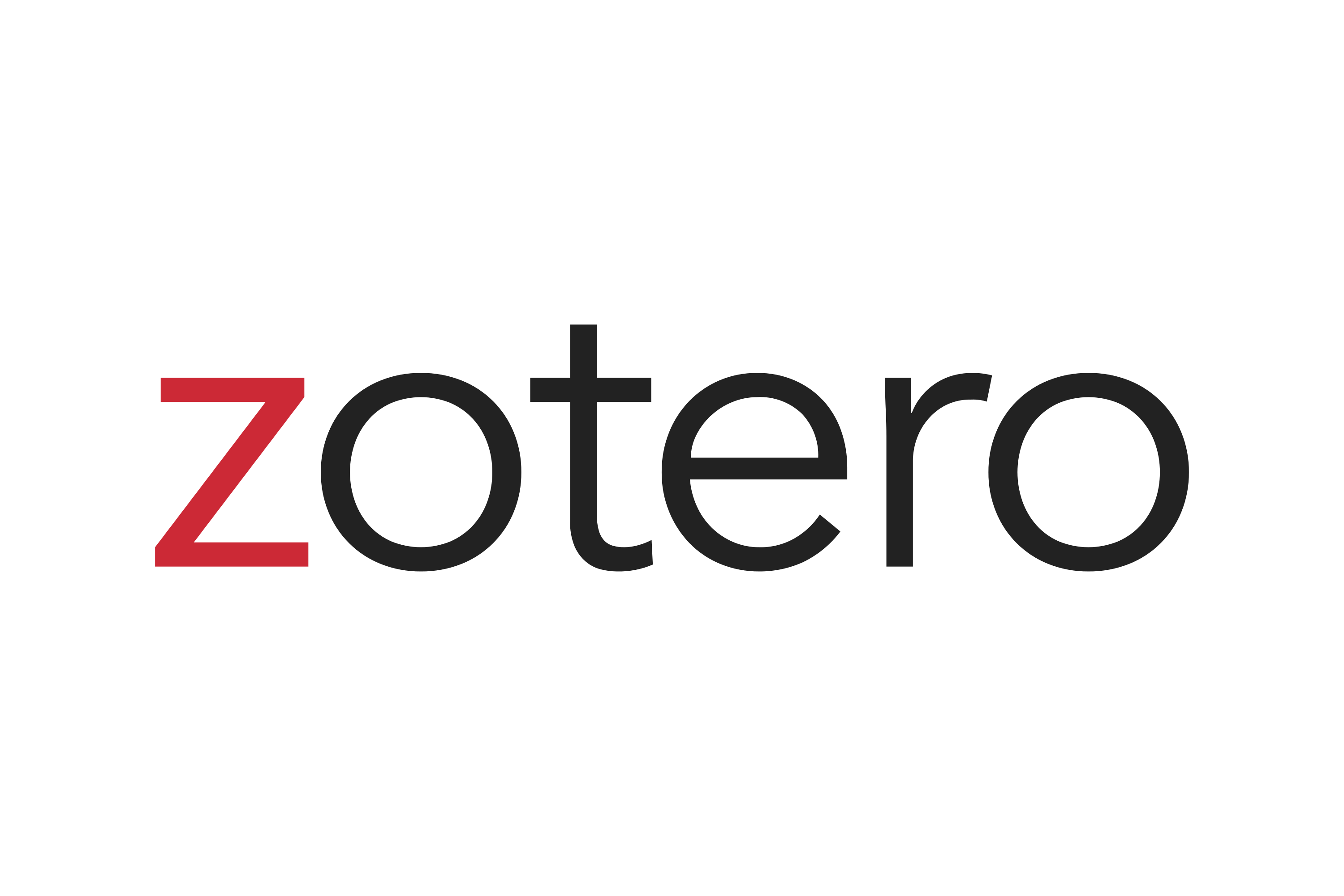Auguste Comte dan Ide Positivismenya
DOI:
https://doi.org/10.32678/alfath.v3i1.3293Keywords:
Pemikiran, TokohAbstract
Sebagai ahli waris zaman renaissance, filsafat zaman modern memang bercorak “antroposentris”’, artinya yang menjadi pusat perhatian adalah alam, manusia, masyarakat, dan sejarah.' Hal ini kiranya dapat dilihat dalam perkembangan filsafat Prancis pada abad ke 19 M. Filsafat itu berhubungan erat dengan usaha-usaha idealistis untuk memperbaiki keadaan masyarakat. Sesuai dengan cita-cita luhur revolusi Prancis “kebebasan, persamaan, dan persaudaraan”, dicanangkan suatu rencana“utopis’’ untuk masyarakat. Utopis berasal dari kata Yunani “utopia”,artinya suatu negara teladan yang belum ada, tetapi yang berfungsi sebagai model yang mau direalisasikan dengan usaha bersama-sama .
Auguste Comte adalah filosof Perancis yang menekuni sosiologi. Bertotak dari sosiologi sebagai ilmu eksakta, ia melihat bahwa perkembangan intelektual intelektual manusia ada tiga tahap, yaitu teologis,metrafisis, dan positif. Yang pertama diibaratkan oleh Aguste Comte sebagai kanak-kanak, yang kedua sebagai pemuda, dan yang ketiga sebagai orang dewasa. Pada tahap yang terakhir inilah manusia menganggap bahwa yangberarti itu hanya proposisi analitik yang dapat dibuktikan kebenarannya secara empiris. Pendapatnya yang demikian, dikenal dengan ‘‘positivisme”’,yaitu. suatu teori yang menolak setiap bentuk metafisika. Teori ini berkembang di Inggris dan Mesir.
Downloads
Downloads
Published
How to Cite
Issue
Section
License
Copyright Notice

Al-Fath: http://jurnal.uinbanten.ac.id/ is licensed under a Creative Commons Attribution-ShareAlike 4.0 International License
An author who publishes in Al-Fath agrees to the following terms:
- Author retains the copyright and grants the journal the right of first publication of the work simultaneously licensed under the Creative Commons Attribution-ShareAlike 4.0 License that allows others to share the work with an acknowledgment of the work's authorship and initial publication in this journal
- Author is able to enter into separate, additional contractual arrangements for the non-exclusive distribution of the journal's published version of the work (e.g., post it to an institutional repository or publish it in a book) with the acknowledgment of its initial publication in this journal.
- Author is permitted and encouraged to post his/her work online (e.g., in institutional repositories or on their website) prior to and during the submission process, as it can lead to productive exchanges, as well as earlier and greater citation of the published work (See The Effect of Open Access).
Privacy Statement
The names and email addresses entered in this journal site will be used exclusively for the stated purposes of this journal and will not be made available for any other purpose or to any other party.










